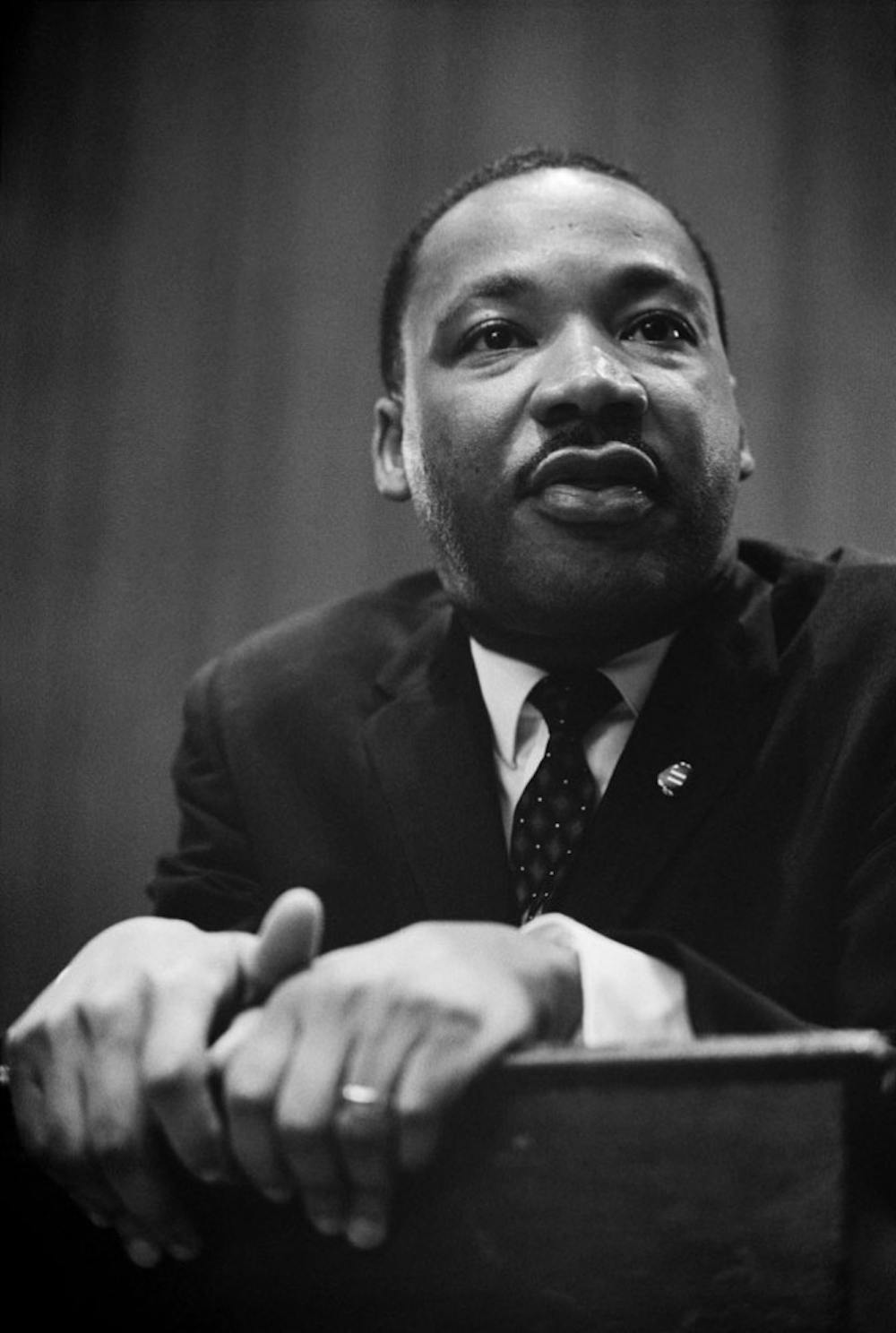By Emily Brokaw | Contributor
When we meet someone with an opposing view, our immediate instinct is to reason them to our side. Often what is needed to clinch the argument is the right quote from the right person. Or, in many cases, the right misquote.
In last week's article, "Victory in Violence," I found myself reacting most strongly not to the subject matter but to the quotes used to support the author's position. As with any opinions article, the goal was to convince the audience of the validity of the author's perspective.
Martin Luther King, Jr. is undoubtedly one of the most respected sources on racial injustice. He is renowned for his civil rights work, his moving speeches and his action in protest of the unjust treatment of his fellow black Americans. King's words still hold sway today in debates about race.
He also spoke out strongly against violence. In his book "Where Do We Go from Here: Chaos or Community?" he said, "The beauty of nonviolence is that in its own way and in its own time it seeks to break the chain reaction of evil."
So naturally, I questioned the validity of quoting him in a piece endorsing the use of violence. Instead of formulating an opinion about the topic itself, I was distracted by the misuse of King's words.
King was an adamant pacifist-so much so that his pacifism created a rift between his generation and the younger generation of civil rights activists. However, King's words from "Letter from Birmingham Jail" were used in last week's article as if he had resigned himself to the necessity of violence in some circumstances. When one examines the letter in its entirety, it is plain that his stance is not one of resignation. If space permitted, I would quote the whole letter.
It is impossible to summarize everything he said, but in regards to this one point, King makes it clear that he is not resigned to violence. Rather, he defines his position as the middle ground between two forces: one of complacency and the other "of bitterness and hatred, and it comes perilously close to advocating violence."
Throughout all of King's writing, his stance as a pacifist is perfectly clear. His writing and speeches reflect that. He states in "Where Do We Go from Here: Chaos or Community?" that "returning violence for violence multiplies violence. . . . Therefore I will continue to follow this method because I think it is the most practically sound and morally excellent way for the Negro to achieve freedom."
Picking out certain words and inserting them into a context vastly different than the original is misuse and misinformation. But this habit is not limited solely to this one article. Every day we encounter news articles, blog posts, lectures, and videos that present information from credible and respected sources. But how many of these mediums accurately represent their sources' contexts?
In any of the many debates we encounter today, we might be swayed one way or the other by the experts quoted on each side of the argument. Since this is the case, it is important that we know whether or not the sources have been cut and pasted together to suit the opinion of the author.





